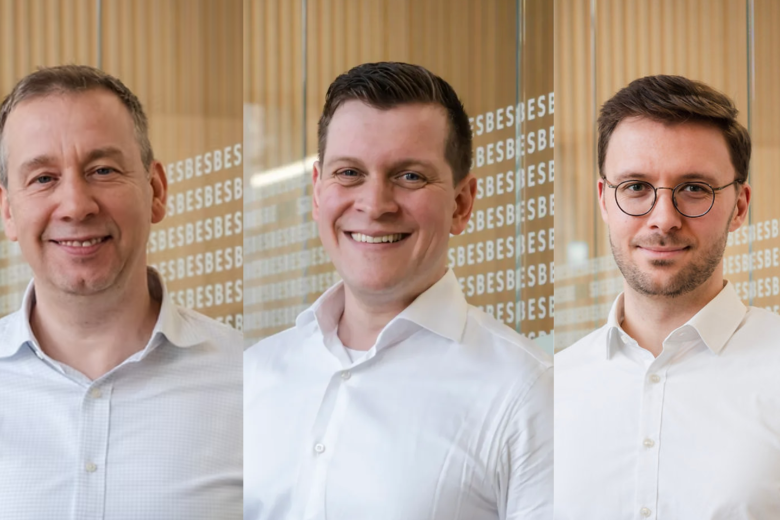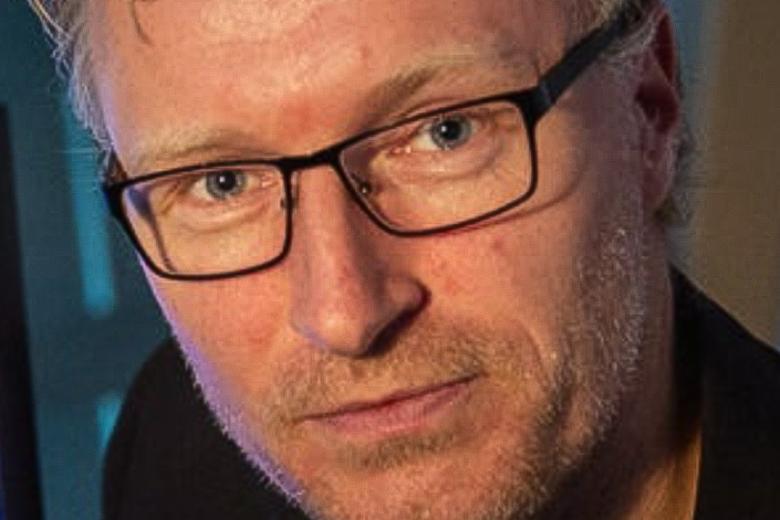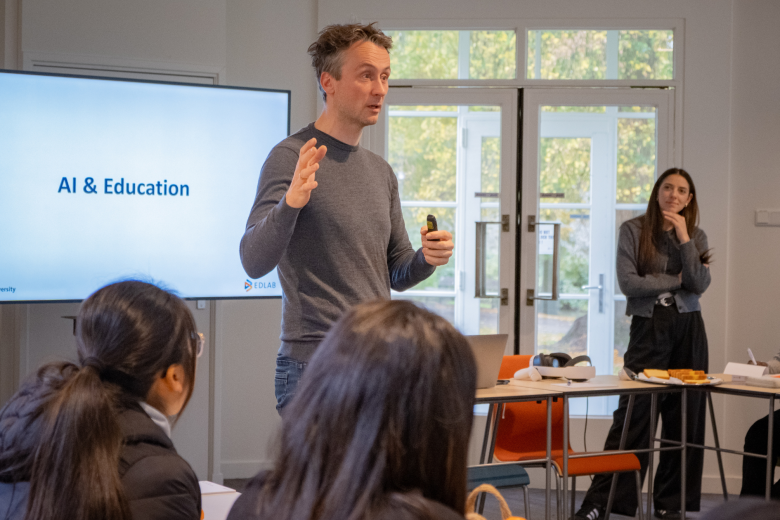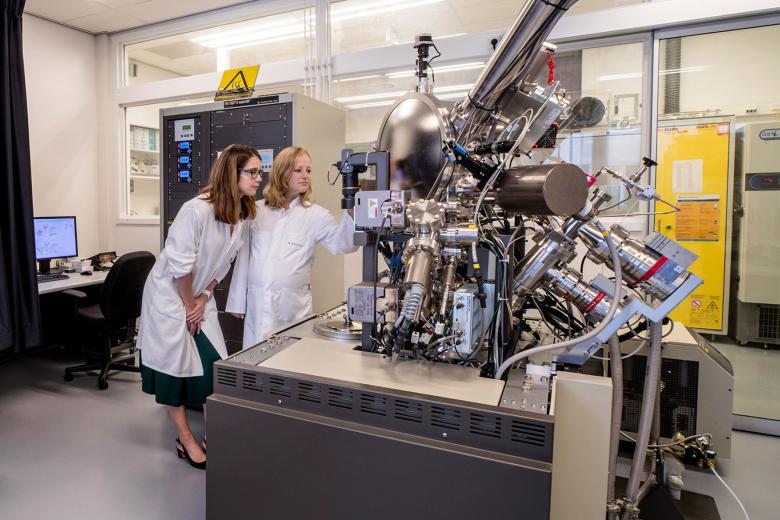Macrophages as key to treating liver fibrosis
Sabine Daemen is researching how certain macrophages can slow down fatty liver disease and fibrosis in order to develop new therapies.

Sabine Daemen is researching how certain macrophages can slow down fatty liver disease and fibrosis in order to develop new therapies.

UM faculties now host Teacher Information Points (TIPs) that offer local, “just-in-time” and on-demand support for teaching staff. The aim is simple: to provide help that is closely connected to day-to-day teaching practice.

What is it like to take part in cutting-edge vascular research as a student, standing in the operating room, directly responsible for handling patient material? Five alumni of the Maastricht MAPEX student team share what they learned, the challenges they faced, and how this experience shaped their...

Three faculty members from SBE’s Department of Marketing & Supply Chain Management, Prof. Dr. Dominik Mahr, Dr. Jonas Heller, and Dr. Tim Hilken, combine cutting-edge research with innovative teaching and mentorship. From exploring the societal implications of digitalisation in courses such as...

During the opening of the academic year, Jolijn van Vugt was singing and dancing on stage at Theater aan het Vrijthof. As a performer, to be precise. The 21-year-old medical student manages to combine her studies with singing and dancing at an advanced level. She dances at the Oxygen dance school in...

How can you use digital moles to help patients with Parkinson's? Melvyn Roerdink explains.

On 21 October 2025, EDLAB hosted students from United World College Maastricht for the second year in a row, as part of their Youth Social Entrepreneurship programme.

We are incredibly proud to share that the MBA programmes of Maastricht University School of Business and Economics’ executive branches, MSM and UMIO, have once again been recognised among the very best sustainable business MBA programmes worldwide. In the 2025 Better World MBA Ranking by Corporate...

Eleven consortia from various scientific disciplines are set to launch projects of great value to science. The Dutch government is making a total of €197 million available for this purpose. Scientists from Maastricht University (UM) are closely involved in seven of the eleven projects.

MUMC+ is main applicant in the NCC: a unique research infrastructure with data from almost half a million Dutch citizens.